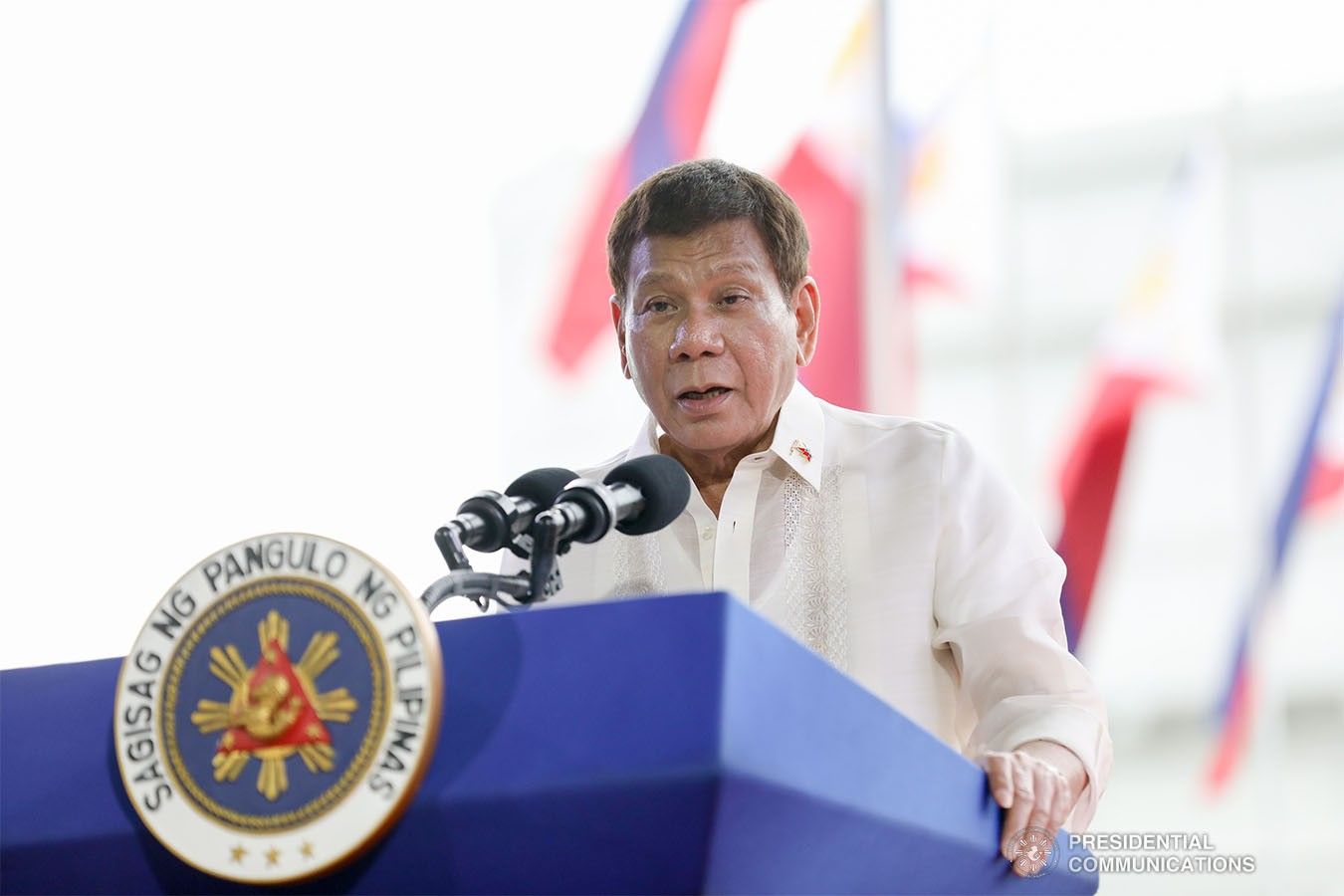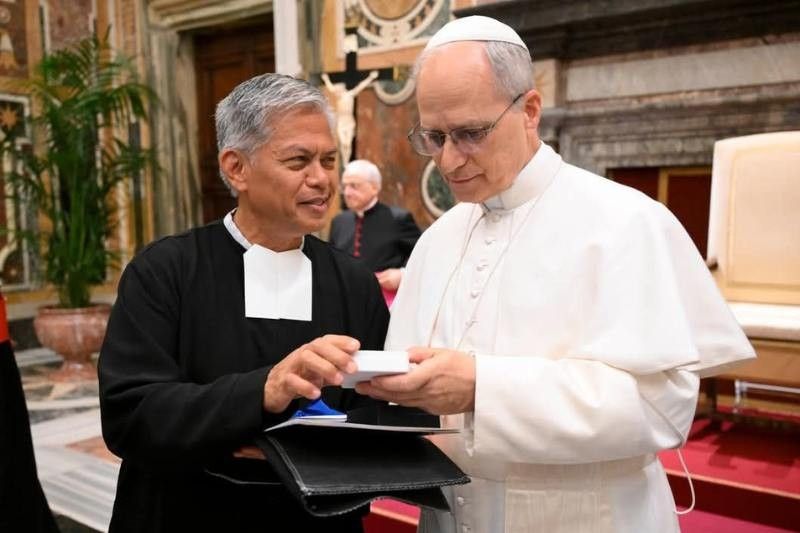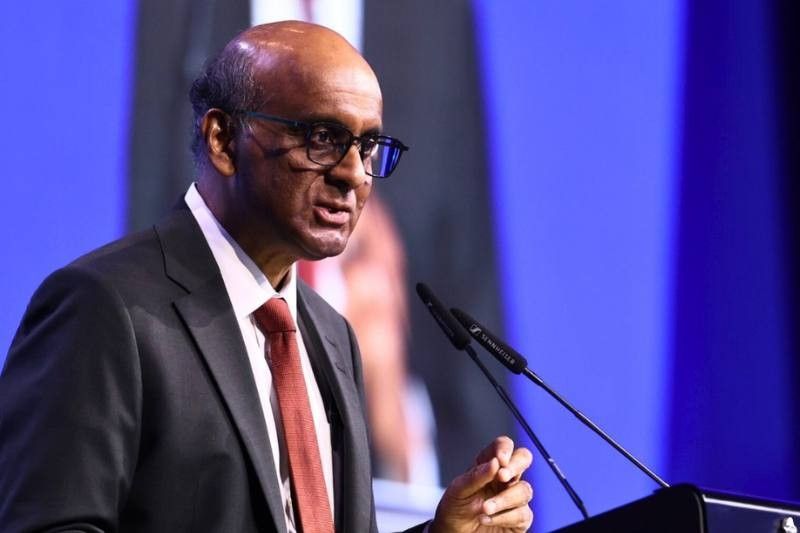
Upgrade to High-Speed Internet for only ₱1499/month!
Enjoy up to 100 Mbps fiber broadband, perfect for browsing, streaming, and gaming.
Visit Suniway.ph to learn
MANILA, Philippines — A study conducted by the University of the Philippines Center for Integrative and Development Studies (UPCIDS) cited the crucial role of the Philippine Coast Guard (PCG) in the West Philippine Sea.
The research, “Stewardship in the West Philippine Sea,” written by Rodrigo Angelo Ong from the UPCIDS Conservation and Biodiversity Program details the PCG’s mandates in maritime law enforcement, safety, security and environmental protection, emphasizing their vital contribution to the Philippines’ national sovereignty and marine stewardship.
The study said that the PCG Maritime Environmental Protection Command (MEPCOM) serves as a critical arm of the PCG dedicated to protecting the nation’s marine and coastal ecosystems.
It said that MEPCOM’s role in environmental protection in the WPS goes beyond the monitoring of the status of marine biodiversity.
“Its roles in investigative function may also augment the roles of the Maritime Security Law Enforcement Command due to the passage of the Philippine Maritime Zones Act, wherein sovereign and EEZ (exclusive economic zone) territories identified must be secured and the archipelagic sea lanes managed and controlled,” the study said.
The research added that the collaboration of PCG with relevant agencies in the combating of illegal, undocumented and unregulated fishing ensures the sustainable management of fish stocks and monitors environmental threats such as oil spills and coral reef destruction.
“These efforts support food security, livelihoods and economic growth while protecting marine ecosystems. An example of fostering the blue economy is the management of reef tourism,” it said.
According to the Department of Tourism (DOT), dive tourism brought approximately P73 billion to the country’s economy, or almost twice the P37-billion revenue generated from the industry in 2022.
“Initiatives such as these boost the local economy and foster awareness of the environment. Management of ecotourism programs involves careful monitoring and mitigation to prevent the degradation of the environment as well as providing for the safety and security of the communities involved,” the study added.
According to the study, a multi-sectoral approach with the local government, the DOT, Department of Environment and Natural Resources, the PCG and other relevant stakeholders is necessary to create a sustainable ecotourism industry.
“Sustainable development and ocean stewardship are vital, as the West Philippine Sea is not only a source of income for the local community, but also provides a sanctuary for marine life and thus provides food sources for other countries in the Asian region as well,” the research noted.
It added that in performing its tasks, monitoring and floating assets, human resources, communication and information infrastructure of the PCG must be upgraded to enforce the laws protecting the country’s sovereign territories.
“Coordination with other governments and non-government agencies, as well as private stakeholders in the environmental and maritime industry sectors, can augment the monitoring of the status of the WPS territories. By combining enforcement, education and collaboration, the command ensures the long-term health and sustainability of the nation’s marine ecosystems, contributing to the well-being of both current and future generations,” the research said.
At the same time, the study backed the passage of House Bill 10841, or the Revised Philippine Coast Guard Law, to enhance the PCG’s capabilities in performing their mandate.
Under the proposed measure, three major service commands are identified: the Maritime Environmental Protection Command, the Maritime Security Law Enforcement and the Maritime Safety Services Command.
Moreover, the measure retains and makes a special provision for the organization and operation of a uniformed volunteer organization under the PCG’s management, the Philippine Coast Guard Auxiliary.
“With the institution of these units, the PCG will be adequately equipped with human resources, equipment, finances and infrastructure to achieve its mandate of protecting the country’s maritime domain,” it added.
‘No surprise from pro-China Dutertes’
In a related development, President Marcos was not surprised by Vice President Sara Duterte’s attack against his foreign policy, including his decision to allow the United States to deploy its missile system in the country, as his predecessor and his family are pro-China.
In a speech during a recent pro-Duterte rally in Melbourne, Australia, the Vice President questioned the deployment of a missile system of “a foreign power” in the country amid territorial disputes in the WPS with China.
“The President said we expect that from the Dutertes because they are pro-China, and the President is pro-Philippines,” Presidential Communications Undersecretary Claire Castro said at a press briefing.
Duterte was referring to the US Typhon missile system deployed by the US Army in northern Philippines last year for annual joint military exercises with its longtime ally.
China condemned
Meanwhile, several nations have condemned the China Coast Guard’s (CCG) recent water cannon attack on a Bureau of Fisheries and Aquatic Resources (BFAR) ship.
On June 20, the BFAR vessel BRP Datu Taradapit was hit with a water cannon by CCG ship 4203, while delivering supplies to Filipino fisherfolk near Panatag (Scarborough) Shoal, which is well within the Philippines’ EEZ.
“The United States stands with the Philippines in upholding freedom of navigation and condemning the China Coast Guard’s dangerous actions that disrupted a lawful Philippine mission to provide supplies to fisherfolk within the Philippine EEZ,” the US embassy in Manila said in a statement.
The European Union, United Kingdom, and Canada called for respect of international law.
Australian Ambassador HK Yu said the 2016 arbitral ruling is binding on all parties and the disputes in the South China Sea must be resolved peacefully consistent with international law and the United Nations Convention on the Law of the Sea (UNCLOS).
“Australia shares the Philippines’ concerns at China Coast Guard’s use of water cannons against Philippine vessels near Scarborough Shoal,” she said.
The New Zealand embassy in Manila expressed concern and urged parties to resolve disputes in accordance with UNCLOS.
“New Zealand is again concerned to see dangerous manoeuvres and the use of water cannons against BFAR vessels in the South China Sea,” the embassy said on X.
“We do not want to see safety put at risk like this. Once again, we call for the peaceful resolution of maritime disputes in accordance with UNCLOS,” it added.
In a statement, the South Korean embassy in Manila reaffirmed its support for peace, stability and safety in the South China Sea.
“The embassy of the Republic of Korea in the Philippines is concerned about the recent use of water cannons and dangerous maneuvers against the Philippine vessels around the Scarborough Shoal,” the embassy said. — Marc Jayson Cayabyab, Helen Flores, Janvic Mateo, Pia Lee-Brago

 12 hours ago
2
12 hours ago
2



